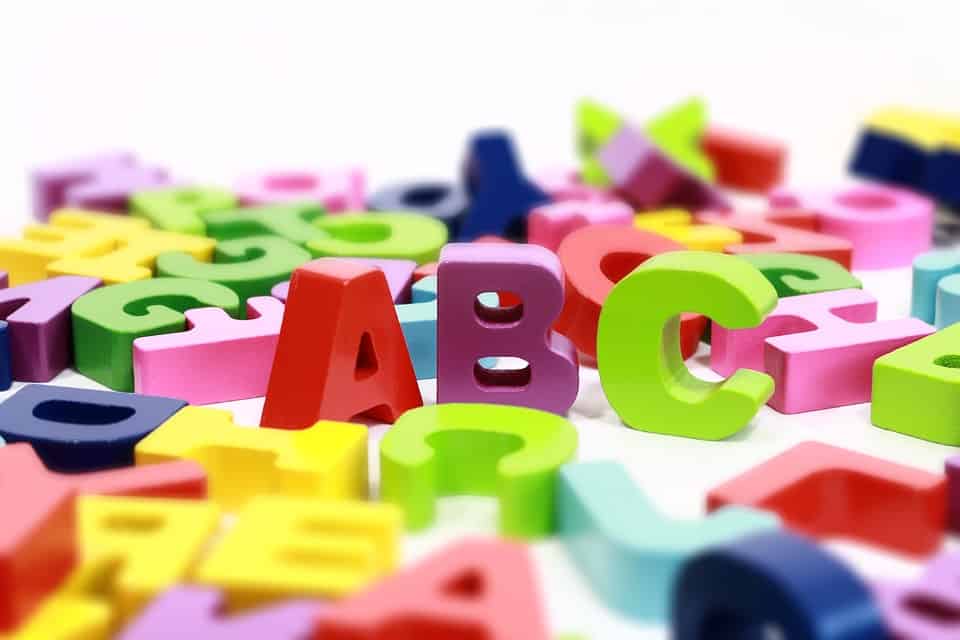- Financial literacy for kids: Introduction
- Financial literacy for kids: Parents should prioritize a great financial literacy education for youth
- Financial literacy for kids: Teaching your kids of all ages about money should be part of your everyday life
- Financial literacy for kids: Everyone needs a financially healthy life
 Financial literacy for kids: Introduction
Financial literacy for kids: Introduction
It’s important for kids to start learning about money at a young age. Financial literacy for kids is important so that they’ll be ready for the financial challenges of adulthood. Even something very simple like teaching a preschooler to save money in a piggy bank can be a good foundation for becoming financially literate and set up good money habits for life. That is why I put together this very simple three-step financial literacy curriculum.
Thank you for reading our Brandon's Blog. Check out our AI insolvency bot on this page and don't forget to subscribe!
Financial literacy for kids: Parents should prioritize a great financial literacy education for youth
In a world of virtual money with credit cards and online banking, our kids don’t often see transactions with money changing hands. Children are keen observers and they learn by example. If you create a program of financial literacy for kids, your children will be willing and eager students.
I heard a funny story about a mom and her young daughter. They were out and about and the child wanted her mom to buy her something. The mom thought the easiest way out was to say she had no money. So the child said, “You can go to the green machine and get some”.
The child understood that the ATM gives you money. But she had no idea about where money really came from or its value. Financial literacy for kids will teach them an appreciation for the value of money. They will know it is not earned easily. Parents need to teach their children about where money comes from, its value, saving, budgeting and goal setting.
Financial literacy for kids will also teach them about the need to make choices and that instant gratification through purchasing is wrong. And remember, children learn by example so make sure your financial house is in order. Financial literacy for kids is best taught when your children grow up in a household knowing and feeling that you and they are living the principles that you are teaching.
Financial literacy for kids: Teaching your kids of all ages about money should be part of your everyday life
Here is my simple 3 step financial literacy curriculum for great financial literacy education for youth:
- Pre-schoolers: A piggy bank is an ideal way to instill the concept of saving.
- Ages 5 – 10: Take your child to the bank and open up a savings account for them. Help them to goal set. Is there something special they want to save up for? Every time they have some money to deposit take them to the bank and have them give the cash to the teller. You can also reward them financially for doing extra chores so that they begin to understand the concept of working for money. Set up an allowance system and teach them to save part of their allowance. Leave some of their money to spend on themselves, introducing the concept of budgeting.
- Ages 10 – 16: By now your kids should have an understanding of saving, working for money and budgeting. As they get closer to 16 they can begin working outside the home for extra money by babysitting, mowing lawns or having a paper route. Now is a good time to introduce the concept of credit, how to manage money and what happens if you don’t manage money properly. If they have mobile phones they should be taught how to keep track of their mobile data and what their limits are. You should also make sure that they know it is better to always check to make sure they’re on wi-fi so that they don’t run up big data bills.
Following these 3 simple steps in teaching financial literacy for kids will instill the necessary basic financial concepts. Your child will be well equipped to handle the financial challenges, issues and choices they will face in adulthood.
Financial literacy for kids: Everyone needs a financially healthy life
To instill the lessons of living a financially healthy life, you have to not only talk the talk, but you have to walk the walk. Perhaps you were not given the benefit of great financial literacy for kids when you were growing up.
If your financial house is not in order reach out to a professional trustee. Ira Smith Trustee & Receiver Inc. are experts in dealing with debt and we can set you back on a path to financial health Starting Over, Starting Now. Give us a call today.

